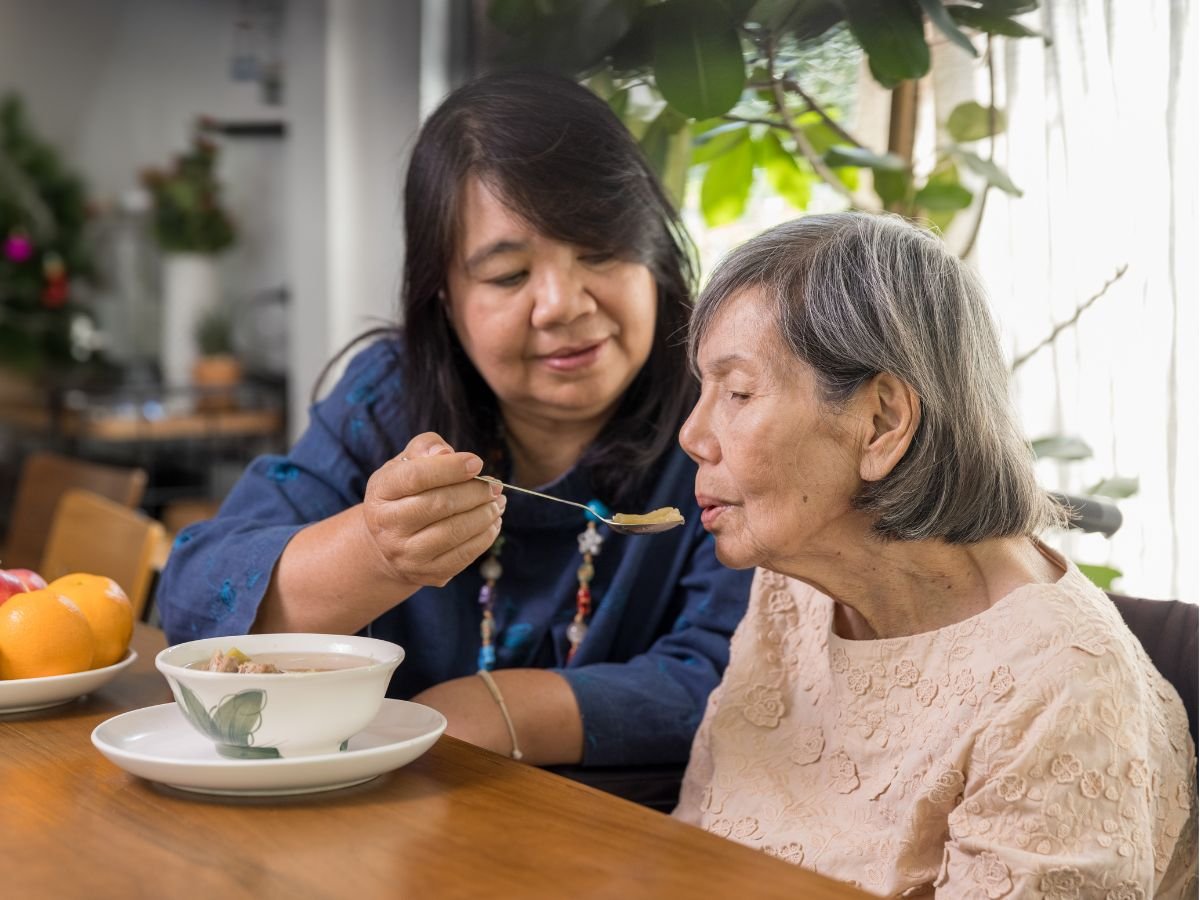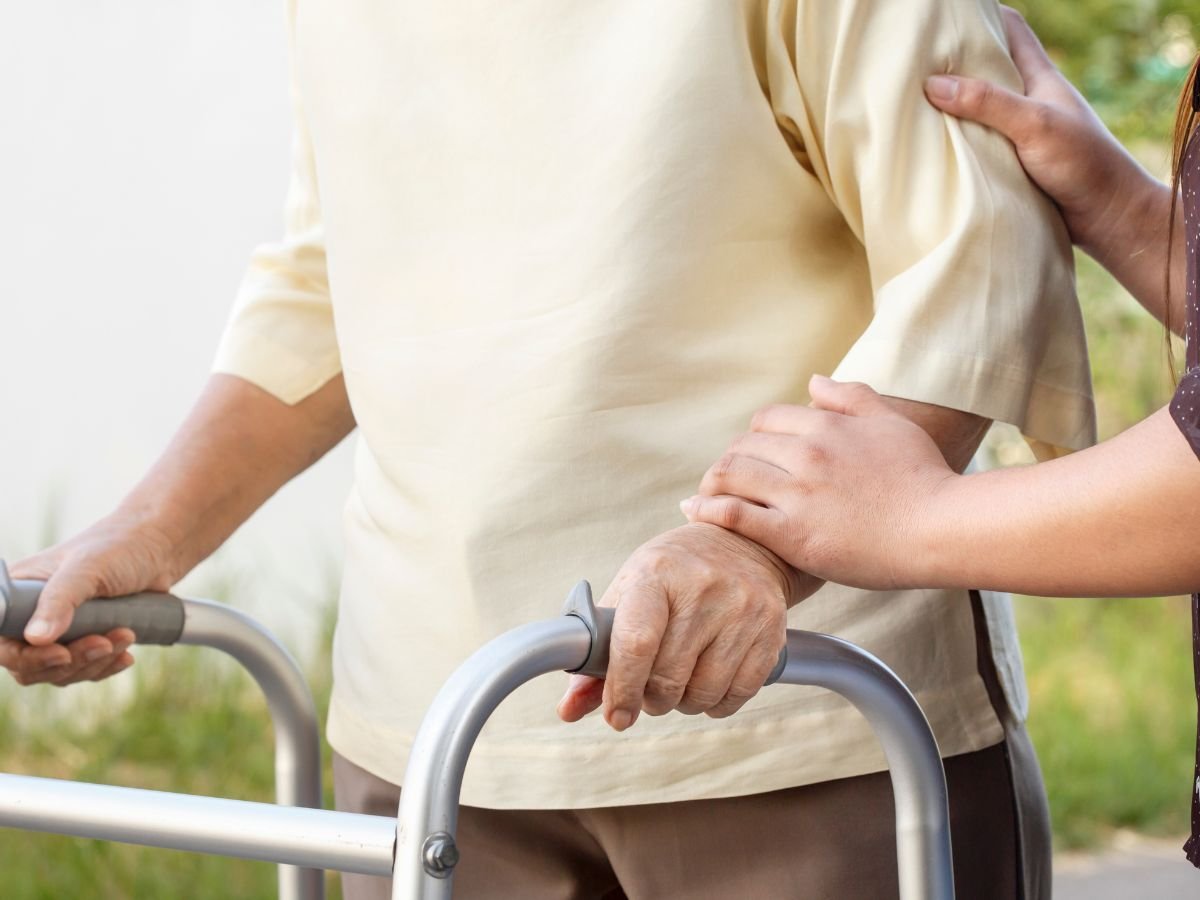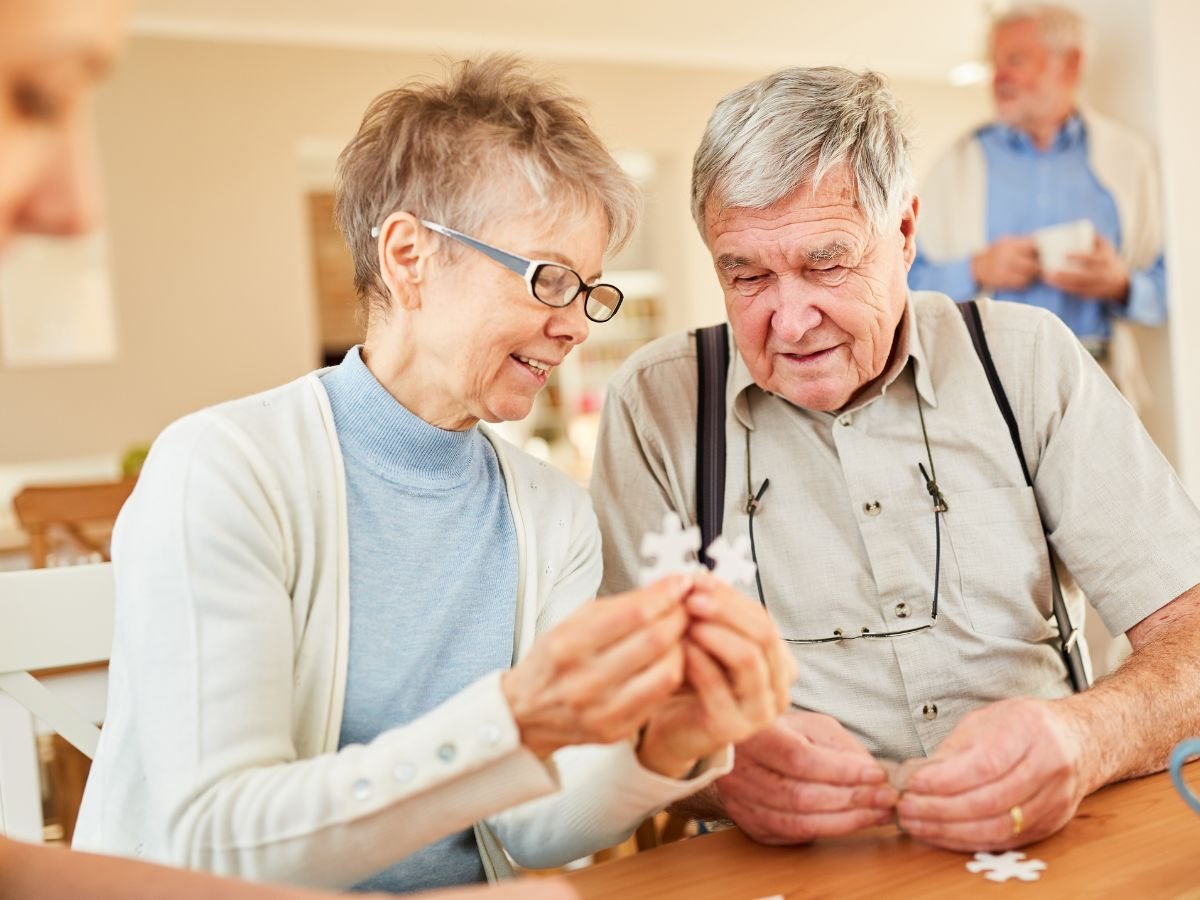
A Guide to Understanding the Different Levels of Home Care Services
Making the decision to seek support for a cherished senior loved one is an act of profound love and care. You want to ensure they can continue to live in the comfort and familiarity of their own home, surrounded by memories, while receiving the support they need to be safe, healthy, and happy. As you begin this journey, you’ll quickly discover that “home care” is not a one-size-fits-all solution.

Preventing and Recognizing Dehydration in Seniors
Water is the very essence of life, a fundamental building block for every function in our bodies. We often think of hydration in terms of quenching thirst after exercise or on a hot day. However, for our aging loved ones, maintaining proper hydration is a far more complex and critical aspect of daily health—one that can profoundly impact their well-being, cognitive function, and overall safety.

Understanding Senior Balance and Coordination to Prevent Falls
The ability to move through the world with confidence is something most of us take for granted for much of our lives. We walk, we turn, we reach for things on a high shelf, all with an unconscious sense of stability. However, as we age, the intricate systems that govern our balance and coordination can begin to change, making a simple walk across the room feel less certain.

Why Touch is a Powerful Healer for the Elderly
Think back to a moment when you felt truly safe and comforted. Chances are, that memory involves touch—a parent’s hand on your forehead, a friend’s reassuring hug, or a partner’s hand held tightly in yours. From the moment we are born, touch is our first language.

Integrating Speech and Language Therapy in Stroke Recovery
A stroke is a life-altering event, a sudden interruption that can profoundly impact not just physical abilities but also one of the most fundamental aspects of our being: communication. The ability to speak, understand, read, and write – skills we often take for granted – can be significantly impaired, leaving individuals feeling isolated, frustrated, and disconnected from the world around them.

Why Regular Health Screenings are Essential for Seniors
The golden years offer a unique opportunity for reflection, enjoyment, and spending precious time with loved ones. But as our bodies age, physiological changes occur, and the risk for chronic diseases such as heart disease, diabetes, certain cancers, and osteoporosis naturally increases.

Early Signs and Diagnosis of Alzheimer’s Disease
The human mind is a remarkable landscape, a repository of memories, experiences, and the very essence of who we are. When a condition like Alzheimer’s Disease begins to cast its shadow, it can bring a wave of uncertainty and concern, not only for the individual experiencing changes but also for their cherished family and friends.

Mastering Medication Safety for Seniors at Home
For many seniors, medications are a cornerstone of maintaining health, managing chronic conditions, and enhancing their quality of life. From pills that regulate blood pressure to those that ease arthritis pain or support cognitive function, these prescriptions play a vital role.

What Should Families Know About Parkinson's Disease Progression
Receiving a diagnosis of Parkinson's Disease (PD) can feel overwhelming, both for the individual and their loved ones. It’s a journey into a new landscape, one marked by uncertainty and a host of questions. What does this mean? How will it affect daily life?

How to Approach Home Care After a Previous Negative Experience
The decision to invite a caregiver into your home, or the home of a cherished senior loved one, is built on a foundation of trust. It’s a deeply personal choice, one made with the hope of enhancing quality of life, ensuring safety, and providing compassionate support.

Thoughtful Ways to Celebrate with Senior Family Members
The holiday season often evokes images of bustling family gatherings, cherished traditions, and the warmth of shared laughter. For families with aging loved ones, these times hold a special significance – an opportunity to create new memories while honoring the past.

The Advantages of 24-Hour Home Care for Seniors
The desire to age gracefully and comfortably in one's own home is a deeply held aspiration for many seniors. Home is more than just a place; it's a repository of memories, a symbol of independence, and a sanctuary of familiarity. However, as we age, the natural progression of life can bring about physical and cognitive changes that necessitate additional support.

Is Your Home Dementia-Friendly
Making the decision to seek in-home care for an elderly parent or loved one is often a significant emotional and practical step. It’s a choice born out of love, concern, and a deep desire to ensure their well-being, safety, and happiness. The prospect of entrusting someone with the care of a cherished family member can feel overwhelming, but with careful consideration and a methodical approach, you can find a home care agency that provides not just assistance, but also peace of mind.

How to Choose the Right Home Care Agency for Your Loved One
Making the decision to seek in-home care for an elderly parent or loved one is often a significant emotional and practical step. It’s a choice born out of love, concern, and a deep desire to ensure their well-being, safety, and happiness. The prospect of entrusting someone with the care of a cherished family member can feel overwhelming, but with careful consideration and a methodical approach, you can find a home care agency that provides not just assistance, but also peace of mind.

20 Fun and Engaging Hobbies for Seniors to Stay Active
Maintaining an active and engaged lifestyle becomes increasingly important for physical, mental, and emotional well-being as individuals age. Hobbies offer seniors the opportunity to explore interests, form social connections, and sustain mobility and independence.

The Role of Respite Care in Supporting Family Caregivers
Familial caregiving is a noble yet often demanding role, as loved ones take on the responsibility of caring for aging family members. While providing essential support and companionship, caregivers can sometimes find this role overwhelming. This is where respite care becomes an invaluable resource.

Supporting Seniors with Dementia and Memory Loss
Supporting a loved one with dementia requires patience, compassion, and strategic care. It's a journey that involves adapting to their changing needs and finding effective ways to manage memory loss while enhancing their quality of life. Dementia affects millions of seniors, and providing comprehensive dementia care for seniors is essential in making their lives as comfortable and fulfilling as possible.

Essential Fall Prevention Strategies for Aging Loved Ones
Falls pose a significant risk to aging loved ones, impacting their health and quality of life. Effective strategies to mitigate these risks are essential, particularly within the comfort of their homes. Providing comprehensive fall prevention not only prolongs their independence but significantly improves their overall well-being.

What Should I Do If My Elderly Parent Refuses to Change Clothes?
Ensuring the well-being of an aging loved one involves addressing various aspects of their health, including personal hygiene. For families, encountering resistance when encouraging a senior parent to bathe or change into clean clothes can be a confusing and distressing experience. It's a situation that often leaves families feeling helpless, frustrated, and concerned.

Brain Exercises for Seniors to Improve Memory and Cognitive Function
Maintaining cognitive health is a cornerstone of graceful aging, enabling seniors to preserve their independence, enjoy meaningful relationships, and continue engaging with the world around them. For many older adults and their families, concerns about memory changes and cognitive function are common.

